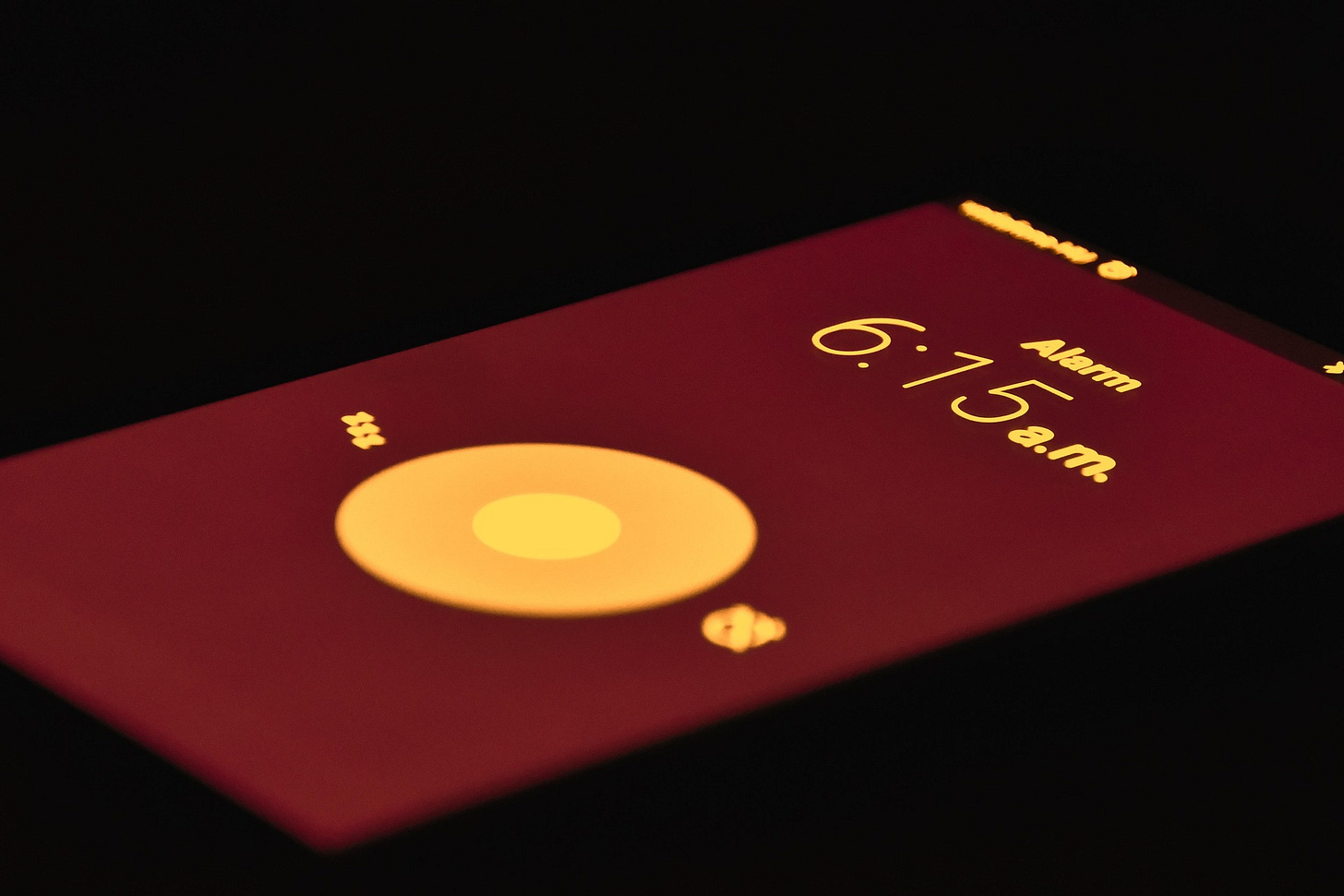The importance of waking up early
Why You Should Go Up Early and How to Do It!
I do not think many people say they enjoy waking up early. The great Roman emperor and renowned Stoic philosopher Marcus Aurelius, known for his exceptional self-discipline, was not always a fan of rising early in the morning. In Meditations (Book 5.1), he reflects on his reluctance to get out of bed but reminds himself that waking early is aligned with his purpose as a human being.
At dawn, when you have trouble getting out of bed, tell yourself: ‘I have to go to work—as a human being. What do I have to complain of, if I’m going to do what I was born for—the things I was brought into the world to do?’ - Marcus Aurelius
However, waking up early is important. It is not something made up by some social media influencer. There are texts dating back to Imhotep (2600 BCE, Egypt) that suggest people should rise early to accomplish tasks and avoid wasting time in bed. But why is waking up so important?
If you ask me, waking up early is one of the foundations for developing good self-discipline, and it sets you up for a good start to the day. Rising early requires overcoming the urge to stay in bed, training one’s willpower. This small act of self-control reinforces habits that align with long-term goals. One of my long-term goals is to maintain my body’s health so that it can function optimally throughout my life. The first thing I do every workday morning is go to the gym.
Waking up early is important for several other reasons as well. Here are some examples rooted in productivity, mental clarity, and self-discipline, supported by historical wisdom and modern research:
Maximizes Productivity: Early mornings offer quiet, distraction-free time for focused work or reflection. Studies (e.g., Journal of General Psychology, 2010) show that the morning hours align with peak cognitive performance for many, enhancing efficiency in tasks such as planning or creative work, as practiced by figures like Ernest Hemingway.
Aligns with Circadian Rhythms: Waking early often syncs with natural light cycles, optimizing energy and mood. Sleep research (e.g., Sleep Medicine Reviews, 2017) indicates morning light exposure regulates melatonin, improving alertness and sleep quality, which supports consistent routines.
Creates Time for Intentional Habits: Early rising provides space for high-value activities like exercise, meditation, or goal-setting, which foster personal growth. Benjamin Franklin’s adage, “Early to bed and early to rise makes a man healthy, wealthy, and wise,” reflects this emphasis on using mornings purposefully.
Builds Psychological Momentum: Starting the day with a deliberate act creates a sense of accomplishment, boosting self-efficacy (Bandura, 1977). This momentum, as seen in routines of figures like Thomas Jefferson, encourages tackling other challenges with confidence.
Reduces Stress: Early risers often have time to ease into the day, avoiding the rush of late starts. A 2018 study (Frontiers in Psychology) linked morning routines to lower stress and better time management, enhancing overall well-being.
All this sounds good, right? However, there is a catch. You really need to start going up early, and many people struggle with this. There are several strategies you can use to get started.
A simple strategy is to ease yourself into it. Let’s say you usually wake up at 7 a.m. but want to wake up at 5 a.m. You could simply start going up 10 minutes earlier every week. After 12 weeks, you would have reached your goal of waking up at 5 a.m.
Another strategy is to simply start doing it, raw. You set the alarm at 5 a.m. and just go up. This can be brutal for many, but effective. You would wake up 2 hours earlier, and hopefully be more tired than usual, allowing you to go to bed earlier. Going to bed earlier will make day two easier than day one.
Whatever strategy makes more sense to you does not matter if you do not get out of bed directly. Are you one of those people who press the snooze button to get 5 minutes more in bed? I bet that you do it automatically, too. If that is the case, you need to relearn that. The secret is to never snooze. Try this instead: When the alarm goes off, first get out of bed and then turn it off. You will get cold, but instead of going back to bed, you put on your clothes and start your day. This will be disgusting the first day you do it, but after a few days, you will thank me: Congratulations, you have rewired your automatic reaction to the snooze button.
If you are not already doing it, start going up early. It will change your life for the better.




